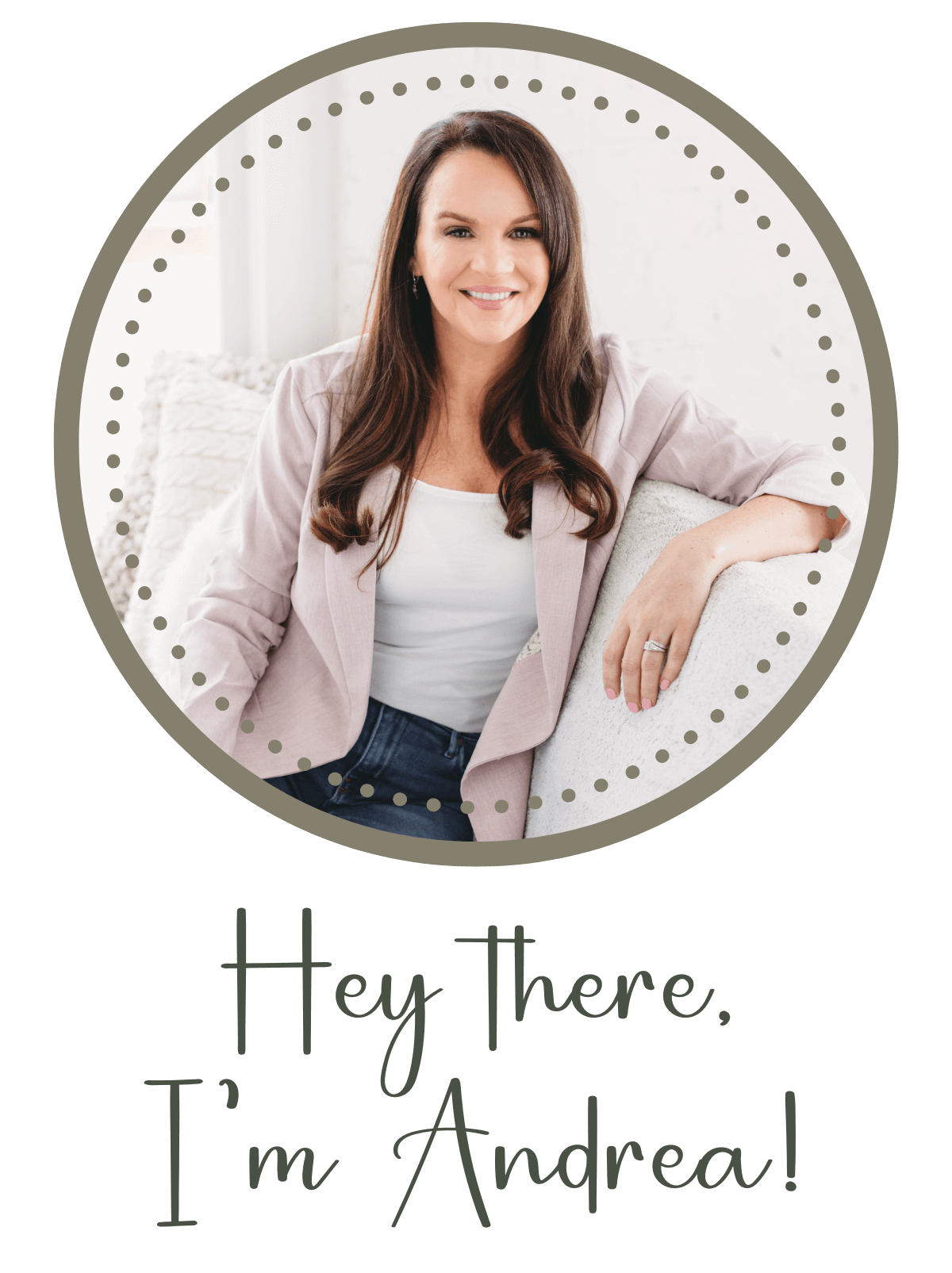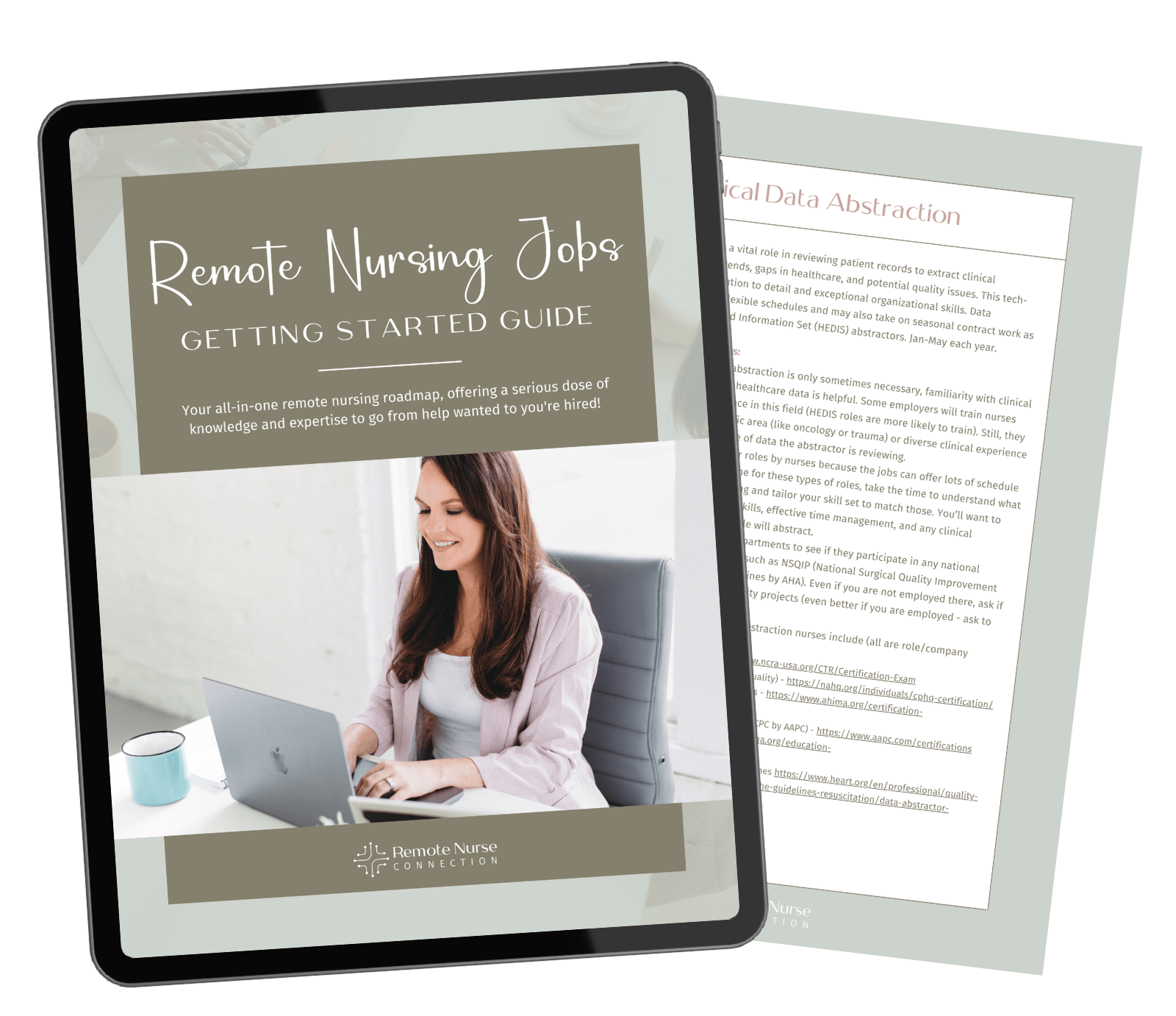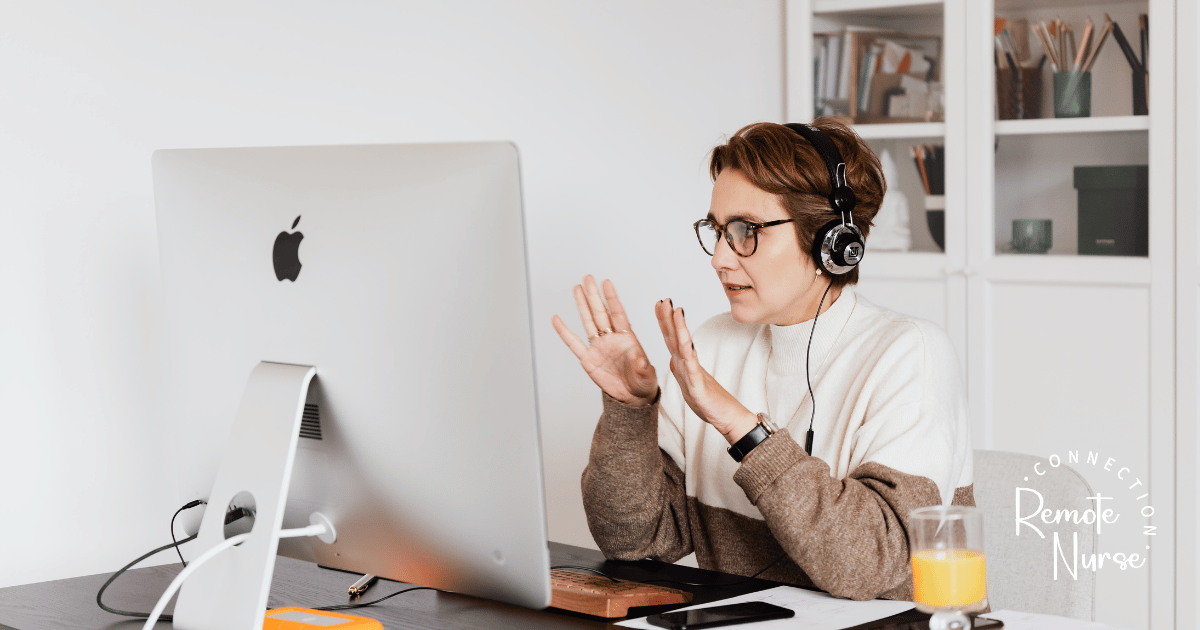
If you’re a nurse who’s been curious about transitioning into the medical device industry, one of the biggest questions on your mind is probably: How much do medical device nurses make? Will leaving bedside nursing for a medical device role significantly increase my paycheck and your quality of life?
That’s exactly what this post is here to help with! There’s plenty of salary data available from sources like Glassdoor and Indeed to give you a solid idea of what to expect. But one important thing to keep in mind when job searching, these roles don’t always have “nurse” in the job title or even in the description. That can make them a little harder to find at first. Instead, many companies focus on the skills and clinical experience nurses bring, rather than specifically labeling the role as a nursing position.
However, nurses work in a variety of positions within medical device companies, including clinical consulting, sales, sales support, quality assurance, training & education, informatics, project management, and regulatory affairs.
Some job descriptions may mention a degree or experience in life sciences or healthcare, but that doesn’t mean nurses aren’t a strong fit. Their clinical expertise and patient care background make them well-suited for many of these roles. Understanding salary expectations, job options, and what to look for in a medical device nursing career can help you decide if this path is right for you.
Quick Facts About Medical Device Salaries for Nurses:
- According to data compiled at Glassdoor, typical base salaries range from $85,000 to over $250,000 annually (some are +/- bonuses).
- Travel roles often offer even higher pay and additional perks (airline miles, hotel points, expense accounts).
- Larger, established medical device companies usually offer the most competitive packages.
- Specialized nursing experience (NP, ICU, OR, Oncology) boosts earning potential significantly.
- There are jobs for RNs, LPNs, and APRNs. Each job description will specifiy requirements and preferences for education and experience. Don’t rely on the job title and duties to be consistent across all jobs or companies.
Medical Device Nurse Salary: What to Expect
The big question is, how much can you actually make?
Since medical device nursing roles vary widely, salaries can be all over the place depending on job title, location, experience level, and the company you work for.
However, based on job listings and salary data in the United States from sources like Glassdoor, ZipRecruiter, and company reports, here’s a rough estimate:
| Job Title | Company | Salary Range |
|---|---|---|
| Clinical Nurse Educator | IQVIA | $101,000 - $148,000 per year |
| Clinical Consultant | Baxter | $165,000 - $260,000 |
| Clinical Nurse Consultant | Stryker | $116,000 - $174,000 |
| Clinical Marketing Specialist, Emergency Care | Stryker | $85,500 - $182,100 + bonus |
| Clinical Specialist | Avanos | $120,000 - $208,000 |
| Clinical Solutions Delivery Consultant | Philips | $108,000 - $178,000 |
| Manager, Product Quality Clinician (Cath Lab / IR / CVOR RN) | Edwards Lifesciences | $120,000 - $170,000 |
| Clinical Specialist | Edwards Lifesciences | $147,000 - $241,000 |
| Clinical Educator | Abiomed | $120,000 - $191,000 |
Certain jobs, especially those that require local or regional travel, often come with added perks beyond the base salary. These might include performance-based bonuses, sales commissions, company cars, or expense reimbursements that further increase your salary.
Traveling for work isn’t for everyone, but it does come with advantages. Many companies cover flights, hotels, and meals, and some even allow employees to keep airline miles and hotel points for personal use. These roles also tend to offer higher pay and can help nurses gain experience that may lead to fully remote opportunities in the future.
Many companies prefer promoting from within, meaning nurses who are open to roles with some travel often become top candidates when fully remote positions become available, which would further increase your earning potential. Plus, even with travel, you often gain greater daily schedule flexibility, like taking real coffee breaks and lunches, which are likely company-expensed while traveling (definitely not something nurses experience at hospitals!).
Real-Life Example: A Nurse’s Transition to Medical Device Sales
If you’re curious about what a shift into medical device nursing actually looks like, check out this firsthand story highlighting one nursing student’s successful move into medical sales.
Companies like Stryker also hire nurses, and often value specialized skills like operating room experience, as explained in this Stryker article. And if you’re exploring other roles nurses can pursue beyond the bedside, this quick read from Stryker Careers provides four clear career-change options within healthcare technology innovation.
What Does a Medical Device Nurse Do?
Medical device nurses work in a variety of roles within the healthcare technology space. These positions often involve educating clinicians (or sometimes patients) on how to use medical equipment, supporting product launches, project management, ensuring compliance with regulations, or even working in clinical research for new devices. Some common job titles you might see include:
- Clinical Nurse Educator (Medical Devices) – Training hospital staff (or potentially patients) on the use of new medical technologies. Check out A Day in the Life of a Pharmaceutical Nurse Educator.)
- Medical Device Specialist – Assisting with product implementation and troubleshooting in healthcare settings.
- Field Clinical Specialist – Providing in-person device support, sometimes in operating rooms or procedural settings.
- Regulatory and Quality Assurance Nurse – Ensuring medical devices meet safety and compliance standards.
- Medical Device Sales Representative – Selling medical devices to hospitals, clinics, and healthcare providers while leveraging clinical expertise.
- Clinical Consultant (Medical Devices) – Advising on product development and how devices integrate into clinical workflows.
- Sales Support or Product Specialist – Supporting sales teams with clinical expertise to help providers understand product benefits.
These jobs exist at major medical device companies like Boston Scientific, IQVIA, Stryker, and Medtronic, among others.
Factors That Influence Base Salary
Just like in traditional bedside nursing jobs, salaries in the medical device industry vary and depend on several factors:
- Experience: Nurses with specialized backgrounds (e.g., Oncology, OR, cath lab, or ICU) may have an easier time landing higher-paying roles.
- Location: Salaries tend to be higher in major metro areas where medical device companies have a strong presence.
- Certifications & Education: Some roles may require additional certifications or clinical research experience. (Considering remote or specialized certifications? Find out more in Remote Nursing Certifications: Which Ones Actually Help You Get Hired?.)
- Company Size: Larger companies like Medtronic or Stryker tend to offer competitive pay and better benefits than smaller startups. (Wondering which companies hire nurses? Read Which Biotech Companies Hire Nurses?.)
- Sales Performance (For Sales Roles): Commission-based sales roles can lead to significant income increases for top performers.
- Travel Requirements: Positions involving regular travel typically offer higher salaries and additional perks such as airline miles, hotel points, and expense-covered meals.
Should Nurses Transition from Bedside to Medical Device Jobs?
If you’re looking for a career that still leverages your nursing expertise but gives you a break from direct patient care, a role in the medical device industry can be incredibly rewarding, both financially and professionally. Many nurses find that working with cutting-edge technology, collaborating with clinicians, and having a more structured schedule (with fewer night shifts!) makes this career path worth it. (Interested in similar career paths? Explore Types of Biotech Nursing Jobs Explained.)
If you’re considering this transition, start by looking at job postings from medical device companies and networking with professionals in the industry. Many companies are actively seeking nurses who understand the clinical environment and can bridge the gap between technology and patient care. All those years learning how to break down complex medical topics into easy-to-understand, bite-sized education will pay off for these types of jobs!
Frequently Asked Questions About Medical Device Nursing Jobs
Q: Are there entry-level medical device nursing roles?
A: Yes! While many roles prefer experience, there are entry-level opportunities, especially in positions like Clinical Support Specialist, Associate Clinical Specialist, and Field Clinical Representative.
The key is to read job descriptions carefully; they often won’t explicitly say they’re for nurses sometimes, as these roles may also be open to other healthcare professionals like paramedics, respiratory therapists, or surgical techs.
Focus on interpreting the required skills rather than searching for the word “nurse.” (But occasionally there are job descriptions that make it easy for you and specifically mention nursing education required).
Q: Do I need sales or medical device experience?
A: Not always. Some companies provide on-the-job training, especially for clinical support and education-based roles.
Having a strong clinical background and being comfortable with technology and patient education can make you a great candidate, even without direct industry experience.
Check out this post for courses or certifications for biotech and medical device jobs that may be helpful when transitioning into new roles.
Q: How do I know if a job is a good fit for a nurse?
A: Look for keywords in job descriptions like clinical training, life sciences education, product education, case support, regulatory compliance, or field clinical support. If the job involves teaching healthcare providers how to use medical devices, working in regulatory/compliance, or supporting clinical trials, it’s likely a great fit for nurses.
Q: Are there medical device jobs for LPNs and NPs too?
A: Yes! While many roles target RNs, there are opportunities for both LPNs and NPs in the medical device industry. LPNs may qualify for positions such as Clinical Support Specialist or Product Educator, especially in patient training and device education roles.
NPs are often great candidates for Medical Science Liaison (MSL), Clinical Consultant, and Regulatory Affairs roles.
Main takeaway: just focus on your transferable nursing skills and look for job descriptions that align with your experience, even if they don’t explicitly list “RN,” “LPN,” or “NP” in the title or job description.
Bedside to Medical Device Nurse: Is It Worth Making the Switch?
Leaving the bedside and stepping into the medical device industry doesn’t mean leaving behind your nursing expertise; it’s a chance to apply your clinical knowledge in a different way while continuing to advocate for patient safety in healthcare settings.
Instead of juggling patient care with little time for breaks, you could be working with new medical technology, helping shape how devices are used in real-world practice. These roles often come with competitive salaries, career growth opportunities, and more control over your schedule.
Many nurses find that roles in education, sales, quality assurance, and clinical consulting allow them to step away from the physical demands of bedside care while still making a meaningful impact and still feel like nurses.
Nurses are needed in all areas of healthcare, not just at the bedside! Educating patients, training fellow clinicians, or ensuring medical devices meet safety and compliance standards are just a few areas where your expertise makes a difference. And really, who better to guide providers on new devices than a nurse who has used them firsthand?
If you’ve ever wondered what else is out there beyond the hospital, this could be the shift that brings both career growth and balance, without walking away from the profession you’ve built your skills in.
Find Medical Device & Biotech Nursing Jobs Faster
Looking for a medical device or biotech nursing job but not sure where to start? The remote nursing job board makes it easy to search and apply for real, high-quality nursing jobs—no scams, no ads, just legitimate opportunities.
✔ Search by state, specialty, license status, and employment type
✔ Filter roles based on your credentials and career goals
✔ Explore hand-reviewed listings with real remote, hybrid, and flexible nursing jobs
Want to take your search a step further? Premium members get access to a directory of 800+ companies that hire nurses for biotech, medical device, and remote roles, along with recruiter details to help make direct connections.
Remote Nurse Connection is proudly Ad-free. All opinions are my own. This post may contain affiliate links, which means I’ll receive a commission if you purchase through my link, at no extra cost to you. As an Amazon Associate, I earn from qualifying purchases. Please read full disclosure here.
Browse A Bit More On the Blog…
What Does a Clinical Nurse Consultant Do in Biotech and Health Tech Companies?
May 15, 2025
I didn’t hear the term “clinical nurse consultant” until I had already been a nurse for a few years. It wasn’t something that came up during nursing school or even when working at the bedside. I was about five years into my career, working in informatics, when I...
A Day in the Life of a Pharmaceutical Nurse Educator
Oct 19, 2024
Does the idea of working remotely make you worry that you’ll lose the patient connection you love in nursing? It’s a concern I hear from nurses all the time. Many nurses hesitate to pursue remote nursing jobs, thinking they’ll be tied to a computer all day. However,...

Your Insider Connection to Remote Nursing Success
I help nurses find the best-fit remote jobs that bring flexibility, personal freedom and alignment, and continued professional growth.
CATEGORIES

Free Getting Started Guide
FOR LANDING A
REMOTE NURSING POSITION!


